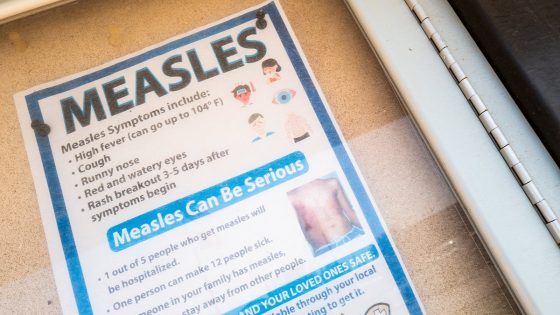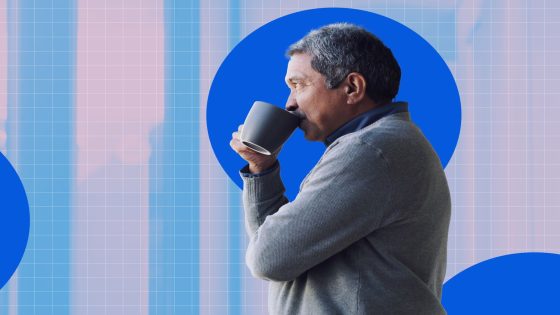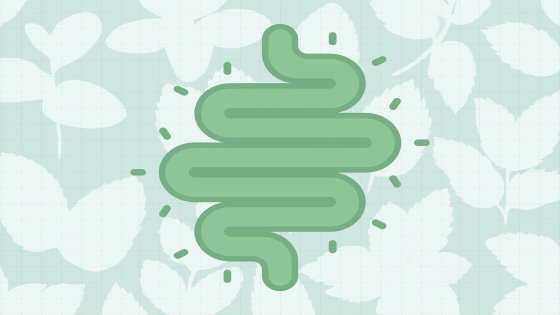A recent case study highlights the dangers of misinformation in health, particularly regarding dietary choices. A man developed bromism, a rare psychiatric disorder, after following advice from ChatGPT, leading to severe health complications. On 2025-08-08 18:24:00, this incident was detailed in the Annals of Internal Medicine, raising concerns about AI’s role in health guidance.
- Man developed bromism from dietary changes.
- Sodium bromide used as salt substitute.
- ChatGPT provided misleading dietary advice.
- Patient experienced hallucinations and paranoia.
- AI's health advice lacks necessary context.
- OpenAI updates aim to improve health guidance.
The individual, believing he could replace table salt with sodium bromide, experienced hallucinations and paranoia after three months of self-experimentation. This alarming case underscores the importance of consulting qualified healthcare professionals for dietary advice rather than relying solely on AI-generated information.
This incident prompts a crucial question: how reliable are AI tools for health-related inquiries? While AI can provide information, it lacks the ability to assess individual health contexts. Here are some recommendations:
- Consult a healthcare professional for personalized dietary advice.
- Be cautious of substituting common ingredients without expert guidance.
- Research the safety and efficacy of any substance before use.
- Stay informed about the potential risks of self-experimentation.
As technology evolves, it’s vital to prioritize safety and seek expert opinions to ensure informed health decisions.
















![[Adobe Stock]](https://news.faharas.net/wp-content/uploads/2025/07/Ketogenic-Diet-Boosts-Brain-Blood-Flow-by-22-and-BDNF-230x129.jpg)
















